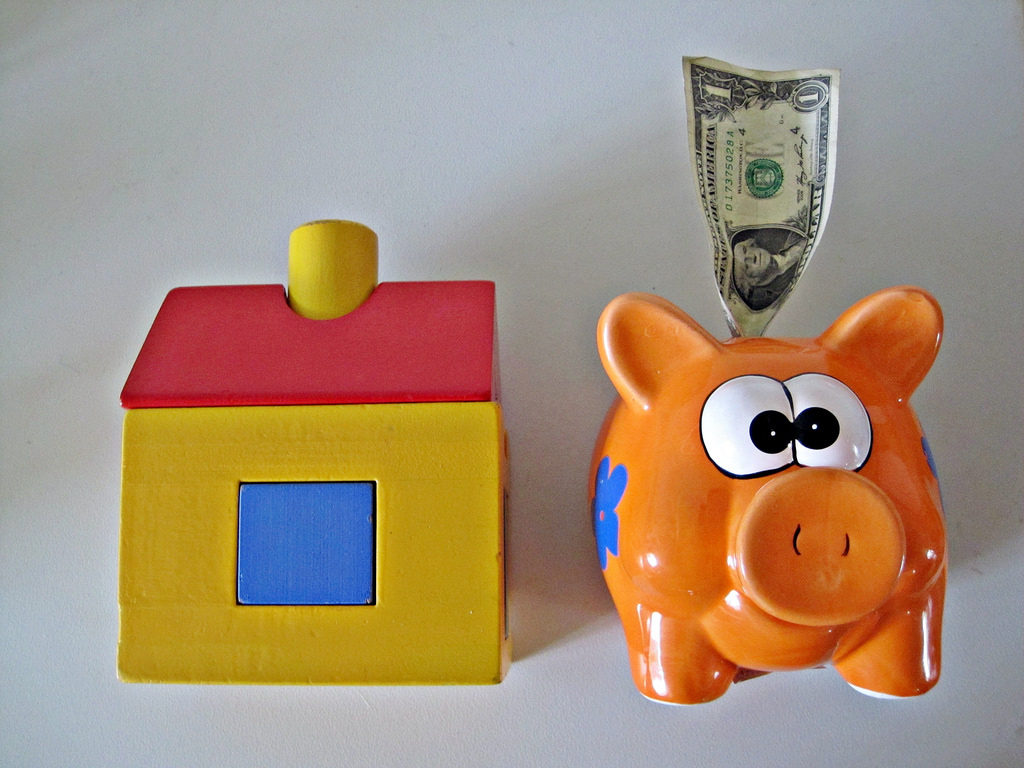When the time comes to take care of your individual tax return preparation as a property investor, you’re likely thinking about all the costs related to your property purchases, sales, and their management. It’s not uncommon for investors to receive tax bills in the tens of thousands of dollars.
While you can’t avoid tax bills altogether, that’s not to say you can’t enjoy tax deductions that bolster your bottom line. Here are just some of the many tax deductions property investors use to slash their tax bills:
Depreciation
Depreciation is a method of deducting a property’s market value loss. The IRS enables property investors to deduct specific amounts from their rental properties every year. Typically, the percentage is around 3.636% each year for 27.5 years. You can depreciate the value of your buildings, but not the land they are built on.
There is much you need to consider before using depreciation to slash your tax bill. You’ll need to know the best system to use, whether your property is depreciable when you can depreciate it, and the likely tax consequences.
Mortgage Interest
If you want to enjoy the most significant money savings as a property investor, start researching mortgage interest as a tax deduction. This refers to the interest you pay on your loans for buying or improving your rental properties.
You can’t claim your mortgage principal payments as expenses because you’re paying down your loan balance. However, the IRS lets you claim the mortgage interest component. When tax season rolls around, fill out your IRS Form 1098 with how much you’ve paid in interest throughout the year. Your accountant can likely help you with this process.
Repairs and Improvements
Repairs and improvements are standard tax deductions that property investors explore to keep more money in their back pockets. However, before you start claiming for every upgrade and improvement you make, learn what is and isn’t a deductible expense in this category.
Repairs are described as what you need to keep a rental property in good condition for your tenants. They are a deductible expense the year you pay for them. Fixing broken fixtures and painting would fit into this category.
However, improvements add value to your property and aren’t deductible when you pay for them. Instead, you can recover improvement costs as depreciation over your property’s useful life.
Travel Expenses
Believe it or not, you may be able to claim for much of the travel you do that involves your rental property. For example, if you travel to collect rent or maintain your rental property, any money spent on that travel can be tax-deductible. However, if you were traveling to your rental property to make improvements, you would include your travel expenses as part of the improvement.
Most property investors deduct travel expenses using their actual expenses or by calculating a standard mileage rate.
Property Taxes
Property taxes are a standard part of homeownership in the United States. Property investors aren’t an exception to the rule. Most property investors spend thousands on property taxes every year. However, you can deduct up to $10,000 for property taxes and state and local income taxes or sales taxes. That figure drops to $5,000 if you’re married and filing separately.
Your rental properties don’t have to cost you as much as they are. Awareness of these tax deductions and others with the help of tax experts may mean you can save hundreds or even thousands of dollars every year.



